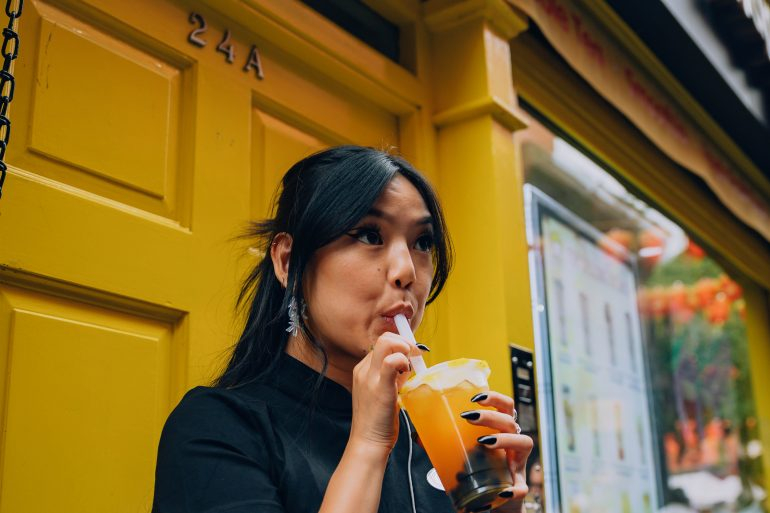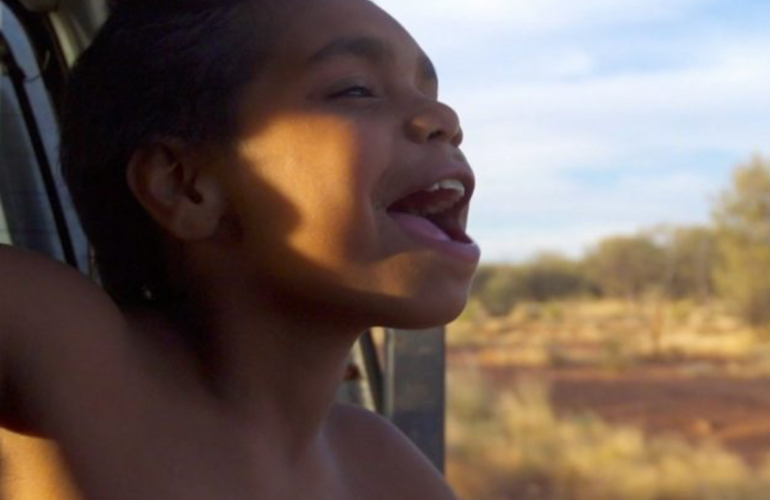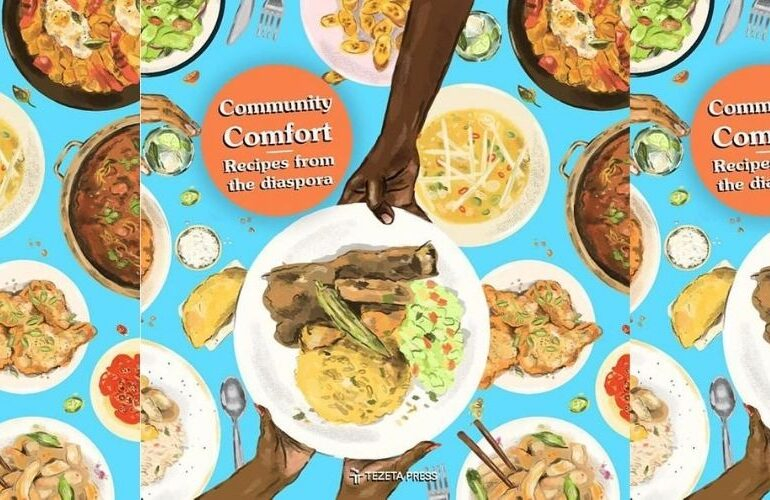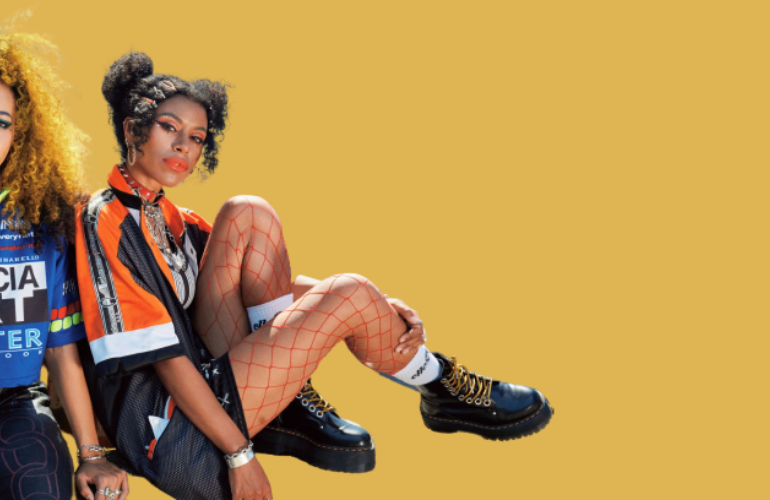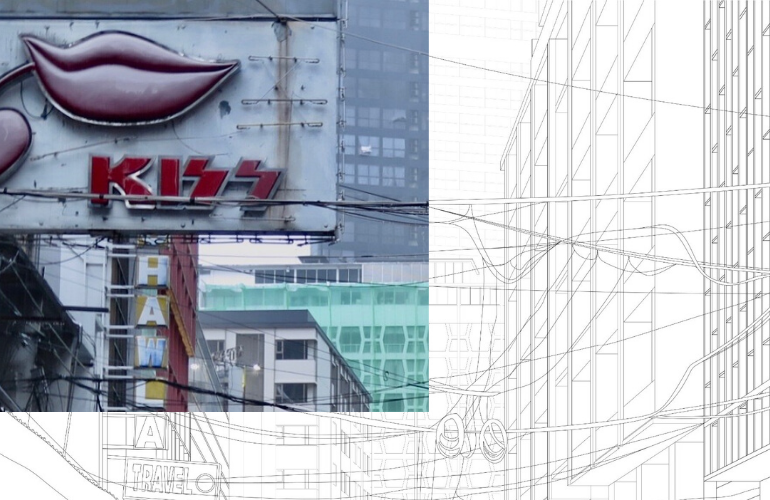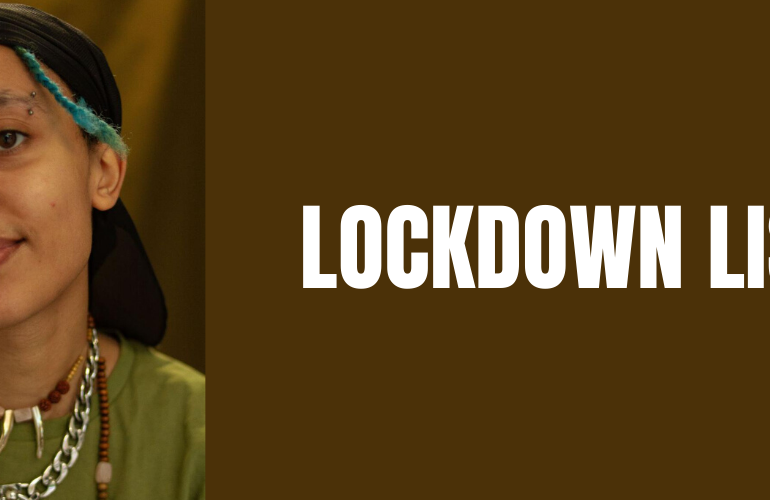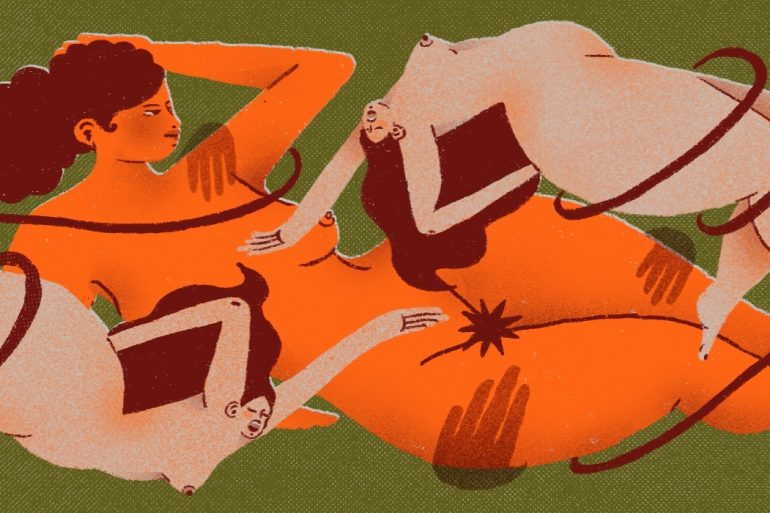Regretfully, festival season is all but over. And after the countless letdowns of years past, people have been hard pressed to find a more joyous space than the field. This is definitely how I felt at Roskilde festival in Denmark earlier this year. The endless lockdowns were instantly forgotten and I couldn’t imagine how we lived without these spaces as I crammed myself into a tent to watch Little Simz, Tyler, The Creator and more.
However, when the sun goes down and the music gets harder I’m reminded of the darker side that can rear its head at festival sites. Although I had desperately missed crowds and live music, I had forgotten the unwanted advances and the behaviours of people who had consumed too much.
On a rainy afternoon at Roskilde, I met Kirstine Marie Thomsen. The Chairperson of Københavns Frie Promotere (KFP), the members driven union for Copenhagen’s alternative nightlife. Kirstine works directly with Copenhagen’s municipality and promoters in Copenhagen’s nightlife to ensure that it is inclusive and safe for everyone involved.
At first glance, Roskilde festival appeared to be prioritising safety. There were volunteers in white vests who were there specifically to ensure our wellbeing, whilst their activism programme was also impressive.
The importance of tracking discrimination
Kirstine and the rest of the KFP team were invited to carry out a survey tracking discriminatory behaviour in the nightlife industry. With council funding, KFP trialled the survey at Roskilde, where they received over 600 answers about people’s experiences with sexual harassment and discrimination.
“This mapping of discrimination is a huge project,” Kirstine tells me. “It’s clear that there is so much discrimination happening in Copenhagen nightlife, especially for BIPOC people or those in the LGBTQI+ community.”
Kristine explains the purpose of the survey, telling me, “We’re going to share what we learnt from our pilot results and discuss how they can improve and create a safer space for the festival-goers.”
Unlearning discriminatory attitudes in nightlife
As well as tracking existing discriminatory behaviour, KPF is also on a mission to make a positive change within the nightlife industry, which Kirstine admits is something that still needs progress – even in the alternative scene.
As it stands, Copenhagen nightlife isn’t famous for its inclusive nightlife or diverse crowds. There has even been an academic research paper by Aarhus University about the inequalities pushed on young ethnic minorites by bouncers. To emphasise the issue, Oslo has even introduced ‘Racism Inspectors’, people who wait in line at nightclubs to see if they get turned away for the colour of their skin.
“Most of the people I work with in Copenhagen’s alternative nightlife are all left-wing and anti-racist.”Kristine tells me. “However, we need to constantly remind ourselves that we’re still caught in the structures we grew up in.”
“In the past couple of years, we’ve been working really hard to make sure there are guidelines and rules created by and for promoters in our community who want to throw parties. If your lineup is too male or white, some of our members will tell you that you can’t throw your party unless you make it more diverse. There are plenty of femme or BIPOC DJs out there. They do exist, it’s only our knowledge that is lacking.”
And this can be said not just for Copenhagen, but most cities across Europe. Although I’m seeing positive change through my podcast and clubnight, RepresentAsian, and other collectives such as The Beatriarchy and Eastern Margins, it’s still all too common for me to attend a club night and see predominantly white DJs across the lineup. As pointed out by Kirstine, it’s not for lack of diverse talent, but instead seems to lie in the laziness of promoters and the structural inequalities that are being perpetuated.
And it’s not just about keeping lineups varied; the organisations that make up KFP are also ensuring diversity on the dancefloors. If it’s a queer party, they’ll ensure clear messaging and prioritise those who identify as such. If the event is centred around BIPOC communities, they will be mindful of who is allowed into the space.
Whilst critics might accuse these parties to be exclusionary, Kirstine maintains it’s necessary to curate a safer space for people who have been traditionally marginalised in mainstream nightlife – something I wholeheartedly support and experienced at the festival, Dialled In. The festival showcasing South Asian artists and DJs has just held its third day and night party as well as host Pakistan’s first Boiler Room. Although open to everyone, the platform has been pivotal in the resurgence of the new South Asian Underground, creating spaces where for the first time in my life I have not been a minority. And Kirstine is right, as well as recognising the importance of this space, it is also a festival where safety was prioritised.
“KFP member, Endurance, through a big party recently. They sent out invitations and said anyone can stand in line but made it very clear it was a space for BIPOCs. If you get rejected at the door it’s not because you’re not welcome but because they have a big focus on making the dancefloor as diverse as possible. It’s not a white cis space so whilst there will be some white cis people inside, there won’t be many. The messaging is very clear.”
According to Kirstine, it’s easier for these boundaries in the alternative scene where events aren’t driven by profits. “If not many people come, it’s okay. We just have a party for the people who are there and want to have a good time. In commercial nightlife you have to get people through the door – it doesn’t matter who.”
It’s an interesting approach and one I hadn’t considered when it comes to safety in nightlife spaces. Capitalism creates and widens gaps between genders, races and class – and this can be seen at a macro level on your next dancefloor. Removing the drive for profits may have the potential to create safer spaces, however, I’m not convinced it will remove unwanted behaviours entirely.
Will free drug testing be the new normal?
KFP and its member organisations are working directly with the municipality to ensure the alternative scene is inclusive and safe. We’ve seen their work with Roskilde to know there is progress and education for festivalgoers and organisers. However, how far will the municipality and Roskilde go to ensure the wellbeing of their attendees?
According to Kirstine, progress stops when the conversation reaches drugs. Despite free drug testing at Roskilde some years back, and plans for the municipality to introduce free testing in the city, they’ve both pulled the initiative and there’s no mention of it continuing.
“It seems that Roskilde and the municipality thinks that if they talk about drugs at a festival then they’re endorsing them. There’s a massive culture around intoxication here but instead of ensuring people are being safe, they’re avoiding the responsibility.”
Subscribe to shado's weekly newsletter
Exclusive event news, job and creative opportunities, first access to tickets and – just in case you missed them – our picks of the week, from inside shado and out.

“It’s important to acknowledge that experimenting with drugs is part of city nightlife and festivals. It can be dangerous if you don’t normalise drug testing at venues.”
The avoidance and lack of acknowledgement around drug taking is definitely a huge problem at Roskilde and Copenhagen’s nightlife scene. In a world where testing drugs at festivals can reduce the number of drug related hospital admissions by 95%, it’s worrying that the festival can’t follow in the steps of Glastonbury, Park Life and many more.
Speaking to Kirstine at Roskilde Festival highlighted the importance of groups such as KFP and the influence they have over Copenhagen’s nightlife and festivals. Seeing the space they’re curating for marginalised groups and the awareness they’re raising around discrimination and sexual assault is undoubtedly pushing the industry forward. However, it’s also clear to see there’s a way to go, even in the most forward-thinking spaces. There are clearly a few fundamental shifts that have to be undergone – and this will require time, education and advocacy.
What can you do?
To push the conversation forward, follow:
- Bedside Productions, the ethical porn production agency
- Club Mafia, a safer space collective enforcing the individual’s right to their own body
- Group Therapy, a collective aiming to explore and create diversity and community in nightlife
- Pleasure Control, a safer space raves and light design agency
- Sweat, the DJ collective and club night for and by queer and trans* people
Read more articles by Safiya Bashir
- Charting the rise of Pakistan’s electronic music scene
- Emotional fluffers, sex parties and ethical porn
- Can all the cishet men take a step back
- ‘Representation has an incalculable impact on young people’: In conversation with Bisha K. Ali and Nish Kumar
Read more articles about Roskilde Festival
- Ugandan percussionists are keeping 700 year old traditions alive – Shado Magazine
- Elizabeth Wathuti is fighting for the lives and livelihoods at stake in the climate crisis – Shado Magazine
- Emotional fluffers, sex parties and ethical porn – Shado Magazine
- Kabeaushé’s masterclass in how to be unmissable – Shado Magazine






